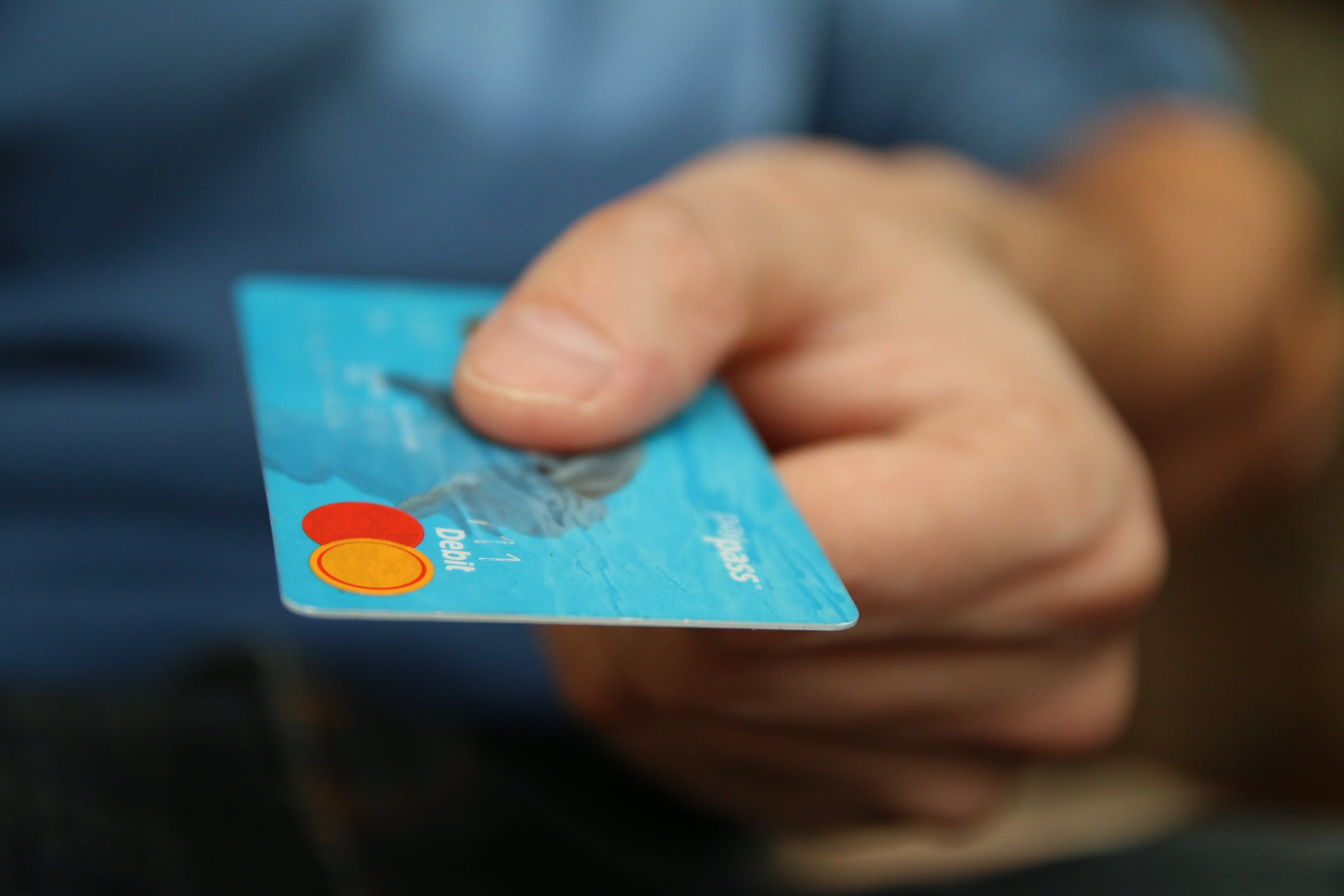A total 1.8 billion debit and credit card transactions were made in the UK during June, a rise of 42.4% compared to June 2020.
New UK Finance figures suggested this was heavily influenced by last year’s lockdown restrictions but the banking body highlighted that the total was still 15.8% higher than June 2019.
UK Finance also stated that the the total spend across these transactions had a value of £67.4bn, which was was 19.1% higher than June last year, and a rise of 16% on June two years ago.
Commenting on the figures, AJ Bell head of personal finance, Laura Suter, said: “We’re becoming a nation who shuns debt and sticks to debit cards instead. Over the past two years we’ve seen the amount spent on credit cards fall, while the amount on debit cards has risen by almost a quarter.
“If we compare spending in June this year with June 2019, in pre-pandemic times, the amount we put on credit cards fell by 1.5%, while the amount spent on debit cards increased by more than 22%.”
Suter also suggested that the “silver lining” to come out of the pandemic is that many people were able to pay off debt and shore up their savings.
“That means that many now don’t need to put spending on their credit cards, as they have sufficient spare cash to pay for stuff,” she added. “As a nation we’re continuing to pay off our credit card debt too, with total balances on credit cards dropping by 7% in the past year as we’ve paid off more than we spent.
“However, despite slashing spending and saving money in the pandemic many people have already forgotten their frugal ways and have returned to spending with gusto. The amount spent on debit cards in June was £60.5bn, around £11bn higher than two years previously.”
UK Finance’s figures also revealed that among the total of card transactions, contactless payments accounted for 51% of all credit card, and 66% of all debit card payments.
There were 1.17 billion contactless card transactions in June, a total that was 73.8% more than the 673 million in June 2020, and 69.6% more than the 689 million in June 2019. June’s total value of contactless transactions was £14.2bn, which was a 66.2% jump on the £8.5bn in June last year, and a 122.4% increase on £6.4bn on June two years ago.
As part of this, the number of contactless credit card transactions was 92.4% higher than June 2020, and 39.9% more than in June 2019.
Suter added: “There’s still a place for credit cards, with people putting pricier items on credit, as fewer credit card payments are contactless when compared to debit cards – suggesting they exceed the current £45 limit.
“Contactless payments have soared in the past two years, as the limit was raised from £30 last year, and this will no doubt leap again when the limit jumps to £100 next month.”
Latest News
-
Consumer finance lending totals £122bn in 2025
-
Metro Bank hits record growth in corporate and commercial lending
-
Intermediary confidence softens slightly in Q4 – IMLA
-
Record flows drive Quilter’s AUMA to £141bn
-
46% of IFAs in a network generate first commission in four weeks
-
Three fifths of cash ISA holders expect to not use full allowance
Mortgage Advice Bureau and AI in the mortgage sector
Chief executive officer at Mortgage Advice Bureau, Peter Brodnicki, and founder and managing director at Heron Financial, Matt Coulson, joined content editor Dan McGrath to discuss how Mortgage Advice Bureau is using artificial intelligence to make advancements in the mortgage industry, the limitations of this technology and what 2026 will hold for the market
Perenna and the long-term fixed mortgage market

Content editor, Dan McGrath, spoke to head of product, proposition and distribution at Perenna, John Davison, to explore the long-term fixed mortgage market, the role that Perenna plays in this sector and the impact of the recent Autumn Budget
NEW BUILD IN FOCUS - NEW EPISODE OF THE MORTGAGE INSIDER PODCAST, OUT NOW

Figures from the National House-Building Council saw Q1 2025 register a 36% increase in new homes built across the UK compared with the same period last year, representing a striking development for the first-time buyer market. But with the higher cost of building, ongoing planning challenges and new and changing regulations, how sustainable is this growth? And what does it mean for brokers?
Does the North-South divide still exist in the UK housing market?

What do the most expensive parts of the country reveal about shifting demand? And why is the Manchester housing market now outperforming many southern counterparts?
In this episode of the Barclays Mortgage Insider Podcast, host Phil Spencer is joined by Lucian Cook, Head of Research at Savills, and Ross Jones, founder of Home Financial and Evolve Commercial Finance, to explore how regional trends are redefining the UK housing, mortgage and buy-to-let markets.
In this episode of the Barclays Mortgage Insider Podcast, host Phil Spencer is joined by Lucian Cook, Head of Research at Savills, and Ross Jones, founder of Home Financial and Evolve Commercial Finance, to explore how regional trends are redefining the UK housing, mortgage and buy-to-let markets.
© 2019 Perspective Publishing Privacy & Cookies









Recent Stories